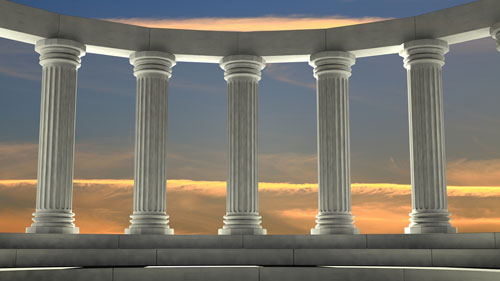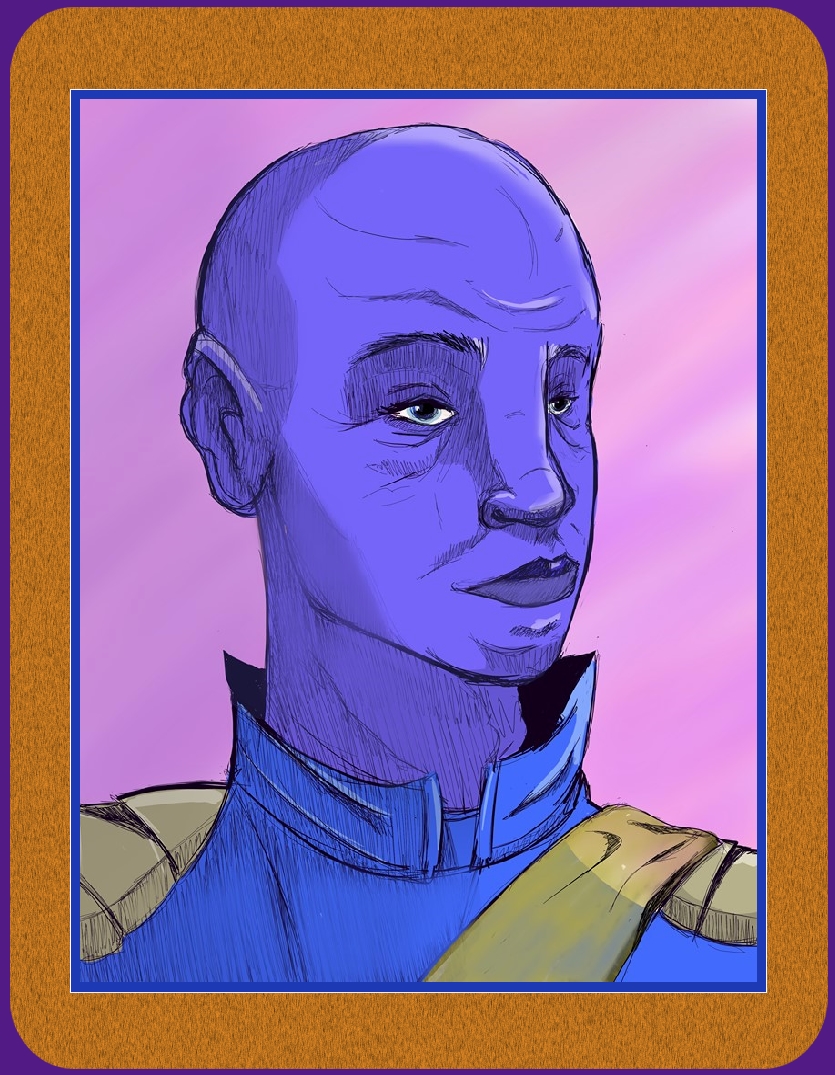
(Omal uses the battle of Gallipoli as an example of a historical event we know happened and compares it to the battle of Troy which is only known through the works of Plato. Omal has us consider our present world and how much more we are able to know and share thanks to the internet. Now we have electronic storytellers to pass on our present into the future.)
Omal: okay, greetings and felicitations, let us proceed.
Russ: greetings Omal.
John: greetings Omal.
Omal: greetings. Okay, let us look at the questions that you have.
Russ: okay, question on mythology.
Omal: uh-huh.
Russ: back in our elder days when mythology and the telling of stories was important for teaching and passing on of lessons....
Omal: uh-huh.
Russ: we've kind of gotten out of that tradition now to where we rely more upon television and news reports to get our stories and lessons from.
Omal: uh-huh.
Russ: and with that loss we kind of lost our spiritual mysticism let’s say.
Omal: yes and no but continue.
Russ: okay. What I’m wondering now is, are we returning to that original point then, we're coming full circle?
Omal: that is why I say yes and no.
Russ: oh.
Omal: let us look at a major historical event. Okay, how do you know that the battle of Gallipoli really happened?
Russ: from the people who were there.
Omal: uh-huh. Let us move forward in time a hundred years.
Russ: okay.
Omal: okay, this is 2096, how do you know that Gallipoli really happened?
Russ: same way, from books written by people who were there.
Omal: okay, let us move a thousand years into the future, this is 2996. How do you know Gallipoli really happened?
Russ: it might be some historical major event in our life for all they know.
Omal: no, that is not answering the question.
Russ: oh.
Omal: how do you know that it happened?
Russ: I wouldn't, I can’t think of what it will be like in a thousand years.
Omal: okay now let us look back close to 3,000 years. How do you know the siege of Troy really happened?
Russ: stories from Plato and the fact that we found the ruins of it.
Omal: uh-huh, are you sure that those are the ruins?
Russ: according to Schliemann they are.
Omal: according to one person. Okay let us move forward in time a thousand years again.
Russ: okay.
Omal: how do you know that the battle of Gallipoli really happened?
Russ: well stories and hopefully…
John: I don’t know, you don’t know for sure that it really happened if you weren’t actually there. At the time of it, I mean you’ve got to look to your history books and we assume this information is correct.
Russ: well there is one other way but it’s not something I think will be used but could be would be a better study of past lives.
Omal: uh-huh.
John: okay.
Russ: in other words from past lives who were actually there, know the names they could say, “oh yeah, well this Gallipoli and this is what’s going on.”
Omal: uh-huh.
Russ: like for example people on Hades Base could tell you about a battle on Sirius because they’re able to go back…..
Omal: and access their past lives.
Russ: and access past lives of that battle that were actually there and have eyewitness accounts. That's the only way can think of it.
Omal: okay so, you’ve take a mythological event like the siege of Troy and you compare it to the battle of Gallipoli, what do you come up with? One is a myth and one is fact. A thousand years into the future, both are myths but you know now that one was fact most certainly by individuals that are still alive in your time.
Russ: right.
Omal: so, what does that imply about myths and storytelling?
Russ: that they basically are always going to be there but also they teach history.
Omal: correct. The story of the siege of Troy is a history lesson, a memory of a memory of a memory. The battle of Gallipoli is a memory.
Russ: alright, did the siege of Troy actually happen?
Omal: that is besides the point.
Russ: okay.
Omal: the point is that you are living in a time of myths and legends and stories due to the fact that what is happening now, in a thousand years’ time may be a story, a myth or a legend. So do not say that you have moved out of the time of myths and legends. The fact that you have this communication device is besides the point, you are enhancing and spreading storytelling on a much wider scale then you could ever do from the Bard sitting in the market square telling a story of two lovers that decided to die because they could not marry. The storyteller that sits in the marketplace now sits in the corner of the room and can talk to you from any place on your planet or off your planet. So, what has happened to the storyteller?
Russ: he has evolved just as we are.
Omal: he is evolved into a mass of electronical components.
Russ: but if we lose that?
Omal: how can you lose it?
Russ: well let's say we don’t have electricity okay?
Omal: uh-huh.
Russ: then we have no access to that electronic storyteller. Then we go back to just bare brains what we remember from our stories that were to us facts.
Omal: correct. So the storyteller has taken on more than one form, more than the gentleman sitting in the marketplace telling stories. You and you are both the storytellers, the storytellers of your lives. Johnny……
John: yes?
Omal: you have a question.
John: yeah, I was just thinking about the devas….
Omal: uh-huh.
John: the whole concept just fascinates me. But I’m not sure what I want to ask, Russ you got something? Want me to go?
Russ: go ahead if you want to continue that line of thought help yourself otherwise I’ll enhance on it if you want.
John: go ahead.
Russ: okay, on the story of devas okay?
Omal: uh-huh.
Russ: I'm doing some research into some of the various entities who have existed throughout our lives as myths and storytelling’s of the gods and goddesses and various deities and the different sects and religions.
Omal: uh-huh.
Russ: and obviously through each basic civilization or community you find similarities between all of them….
Omal: yes.
Russ: as they go along. But is this merely because of the fact that they represent a common theme or the fact that the devas take on the characteristics of each of the various places that they visit and pass those on?
Omal: it is more along the lines of the devas using existing stories, myths and legends to achieve what they want.
Russ: hmmm.
Omal: if you look at some of your stories, there are talks of appeasing the gods.
Russ: uh-huh.
Omal: so the devas behave in a particular way to get what they want whether it is an area that nobody goes into that is their domain. For example the top of Mount Olympus, an area where they can live in peace and harmony and away from outside influences. Or if it is being brought gifts and having things planted and grown to appease them. Or a building built so they may dwell for a time in that place in a happy, relaxed state.
